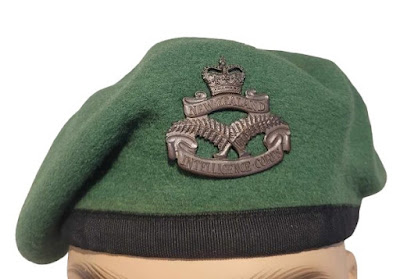Anzac Day Māori: Rā Whakamahara ki ngā Hōia o Ahitereiria me Aotearoa) is a National Day of Remembrance
in Australia and New Zealand that broadly commemorates all Australians and New
Zealanders "who served and died in all wars, conflicts, and peacekeeping
operations" and "the contribution and suffering of all those who have
served".
Observed on 25 April each year, Anzac Day was originally
devised to honour the members of the Australian and New Zealand Army Corps
(ANZAC) who served in the Gallipoli campaign, their first engagement in the
First World War (1914–1918).
The acronym ANZAC stands for Australian and New Zealand Army Corps, whose soldiers were known as Anzacs. Anzac Day remains one of the most important national occasions of both Australia and New Zealand; however, the ceremonies and their meanings have changed significantly since 1915.
The number of New Zealanders attending Anzac Day events in
New Zealand, and at Gallipoli, is increasing. For some, the day adds
weight to the idea that war is futile.
Anzac Day now promotes a sense of unity, perhaps more effectively than any other day on the national calendar. People whose politics, beliefs and aspirations are widely different can nevertheless share a genuine sorrow at the loss of so many lives in war.
Paper poppies are widely distributed by the Returned Services Association and worn as symbols of remembrance. This tradition follows that of the wearing of poppies on Remembrance Sunday in other Commonwealth countries.
In Turkey the name "ANZAC Cove" was officially
recognised by the Turkish government on Anzac Day in 1985.











No comments:
Post a Comment